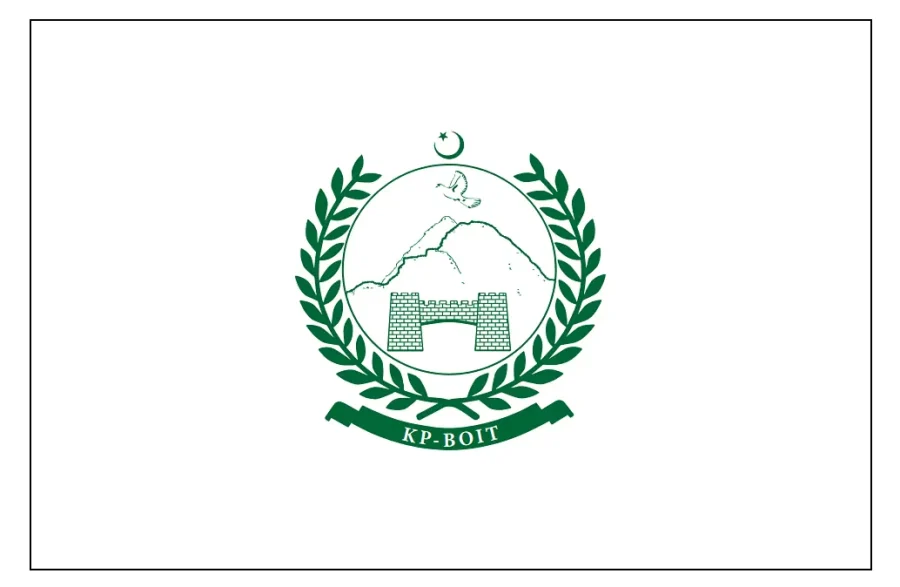The Khyber Pakhtunkhwa (KP) government has taken decisive steps to address the financial challenges facing the Peshawar Bus Rapid Transit (BRT) system. In response to the substantial annual losses exceeding 3 billion rupees, the government has allocated a significant subsidy of the same amount in the provincial budget.
In a recent meeting chaired by Finance Advisor KP, Muzamil Aslam, strategies were deliberated upon to mitigate the financial strain on the BRT system. One of the key decisions under consideration is the adjustment of BRT fares, with a proposed increase ranging from 5 to 10 rupees. This measure aims to enhance revenue streams and alleviate the financial burden on the system.
Expressing concern over the nominal rents charged for shops within BRT stations, the finance advisor emphasized the need for revising these rates. Currently set at 6,000 rupees per month, the government seeks to optimize revenue generation from commercial spaces within the BRT infrastructure. Furthermore, directives were issued to the Khyber Pakhtunkhwa Mass Transit Authority (Kipoma) to formulate plans for the rental of three commercial plazas, while Trans Peshawar was tasked with streamlining operational procedures to achieve savings of up to 2 billion rupees.
In a bid to incentivize ridership and cater to diverse segments of society, the meeting proposed the introduction of daily travel passes priced at 150 rupees for ordinary citizens, with reduced rates of 100 rupees for women, students, transgenders, and senior citizens. Additionally, it was agreed that a nominal fare of one rupee per passenger would be allocated towards the operational expenses of the Urban Mobility Authority.










